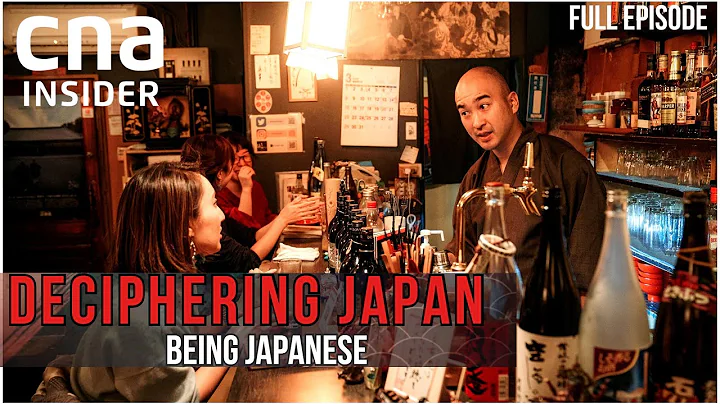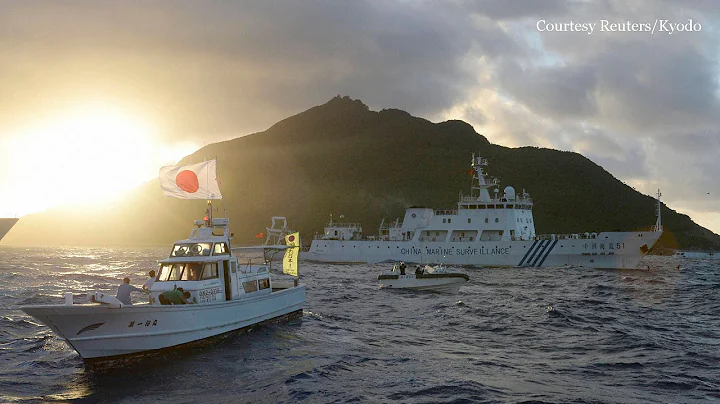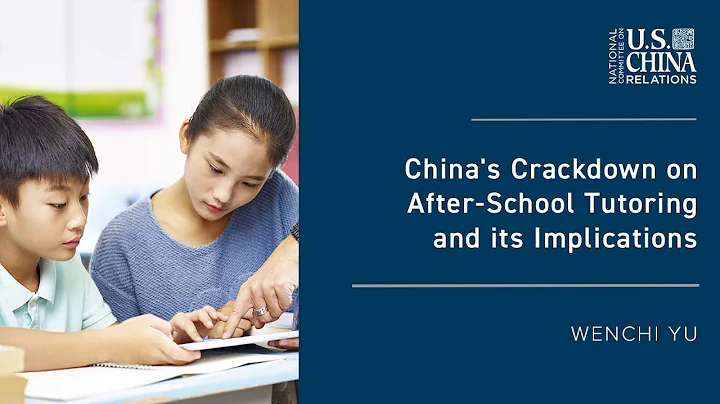Welcome to the History Inn, I am Shu Shishuo.
As we all know, Neiji Okamura was an important leader of the Japanese army that invaded China. He once served as the commander-in-chief of Japan’s China Expeditionary Force, and his hands were stained with the blood of the Chinese people. But unfortunately, this important war criminal of the Japanese invaders did not receive due punishment after Japan announced its unconditional surrender. Instead, he was sheltered and reused by Chiang Kai-shek , and he lived until 1966.
When Neiji Okamura was in his later years, a reporter asked him if he was afraid of the Chinese army. Neiji Okamura said, "I am not afraid of the Chinese army. What I am afraid of is the Chinese people's will to resist." Most of the people here are from Hunan.

What Okamura Neiji meant when he said this was actually that he was afraid of the Hunanese, because he had almost never won a battle against the Hunanese, nor had he ever won a battle within Hunan. The most obvious thing about
is the three battles between and in Changsha, especially the first time. The tragic defeat of the Battle of Changsha left an indelible shadow in his heart.
At that time, Hitler was carrying out blitzkrieg in Europe. The Nazi army almost swept across Europe wherever it passed. Therefore, Okamura Neiji decided to follow Hitler's example and conduct a blitzkrieg in Changsha, hoping to capture Changsha within seven days through superior force and weapons. However, his wishful thinking failed. Not only did he fail to capture Changsha, but he was beaten back again and again by the Chinese army. He suffered heavy losses. Hundreds of officers at all levels were shot dead.

Okamura Ningci saw that he could not take advantage, so he increased his troops again. However, Xue Yue's Tianlu tactics made him suffer so much that he had to withdraw his troops and suffered the most painful defeat since he invaded China.
The failure of in the First Battle of Changsha puzzled Okamura Ningji. He couldn't figure it out in China anyway. He had never suffered such a failure and he was always looking for answers. To this end, he also specially sought out the Hunan Province Briefs, which studied Hunan's customs, in an attempt to find the answer. Not to mention, he really found the answer in the book.
There is a passage in this book that Hunan people are self-respecting, strong in xenophobia, rich in martial arts, believe in the Tao, worship their ancestors, are bold in money, have strong rebelliousness, superstitious thoughts, and are jealous and ostracized. The atmosphere is full of generous and tragic feelings.

This passage can be said to sum up the character of Hunan people very accurately. In fact, there is a more concise and vivid saying circulated among the people, which is to endure hardship, to be patient, to be unafraid of death, to be arrogant. For this reason, when Okamura Neiji clarified the combat essentials for each unit, he specifically told everyone about the characteristics of the residents in Hunan and that they should be especially careful when encountering Hunanese. Indeed, it is not unreasonable for Okamura Neji to be afraid of Hunanese.
In the vigorous Anti-Japanese War, the contribution made by the people of Hunan was indeed very huge. On March 5, 1944, the National Government held an Executive Yuan meeting. Xue Yue attended the meeting and pointed out in his speech that Hunan Province's contribution to the country temporarily ranked first in the country.
Xue Yuehai statistics said that the Kuomintang organized a total of 22 general battles on the frontal battlefield, six of which were in the frontal battlefield. As of the beginning of 1944, a total of 440,000 Japanese troops had been annihilated across the country, including 210,000 in Hunan. Nearly 2 million young people from Hunan were recruited into the army, ranking first in the country. So in this sense, not only Neiji Okamura should be a Hunanese, but the entire Japanese army should be a Hunanese.
Okay, welcome to like Book History and Say It Every Day.





















